Thames Water is going to the High Court in November to negotiate an extension to its debt terms so that the UK’s biggest water utility can avoid nationalisation next year.
The capital’s water and sewerage provider, which serves 16mn households, is struggling with the weight of higher interest payments on its £18bn debt pile. It has said it will run out of cash by May unless investors inject equity into the business, meaning it may need to be renationalised even if temporarily.
The court hearings are for the business to request a deal with more than 90 creditors over a debt extension ahead of a potential full-blown restructuring so that they don’t have to deal with each one individually, according to a person familiar with Thames Water’s position.
The water monopoly has more than £1bn in loans that need to be renegotiated by December, only some of which can be rolled over.
Although Thames has appointed investment bank Rothschild & Co to raise billions of pounds in equity from investors this autumn, that process is still in its early stages and there has been “incredibly little” interest, according to two sources close to the discussions.
Any equity raise is also dependent on a favourable deal with Ofwat, the sector regulator, over the amount by which the company can raise customer bills over the next five years. This will not be confirmed until the end of December at the earliest.
Creditors accounting for roughly £9bn of debt owed by Thames Water have also begun drawing up contingency plans in case the company’s efforts to raise equity in the coming months are unsuccessful.
“We would note that it would be entirely usual and expected that a company would book court dates well in advance where a UK restructuring plan may be necessary,” read an email sent to bondholders on Thursday from the investment bank Jefferies and law firm Akin Gump, which are both advising the creditors, and seen by the Financial Times.
“As we have discussed, one of the workstreams we have been considering is the company’s liquidity runway and whether a restructuring plan may be needed in the near term.”
Thames Water has already breached the terms of its licence conditions and been brought under a freshly created “special measures” regime by Ofwat as it tries to avoid renationalisation.
As part of the special measures regime, Ofwat is expected to appoint an independent monitor to keep a close watch on the company. The independent monitor, which is most likely to be a consultancy, is expected to be announced within days.
The company is still in discussions with Ofwat over a potential fine for paying out £195.8mn in dividends in the year to March, as well as a proposed £104mn fine for failing to manage or invest in sewage treatment plants.
The company also faces the unknown consequences of the Environment Agency’s largest case into licence breaches at sewage treatment works, as well as a host of class action claims.
Thames Water “continues to look at all options for extending its liquidity and raising new equity”, a person familiar with its position said.
They added: “Reserving court dates is sensible forward planning and a part of keeping all options open.”
Additional reporting by Alistair Gray in London

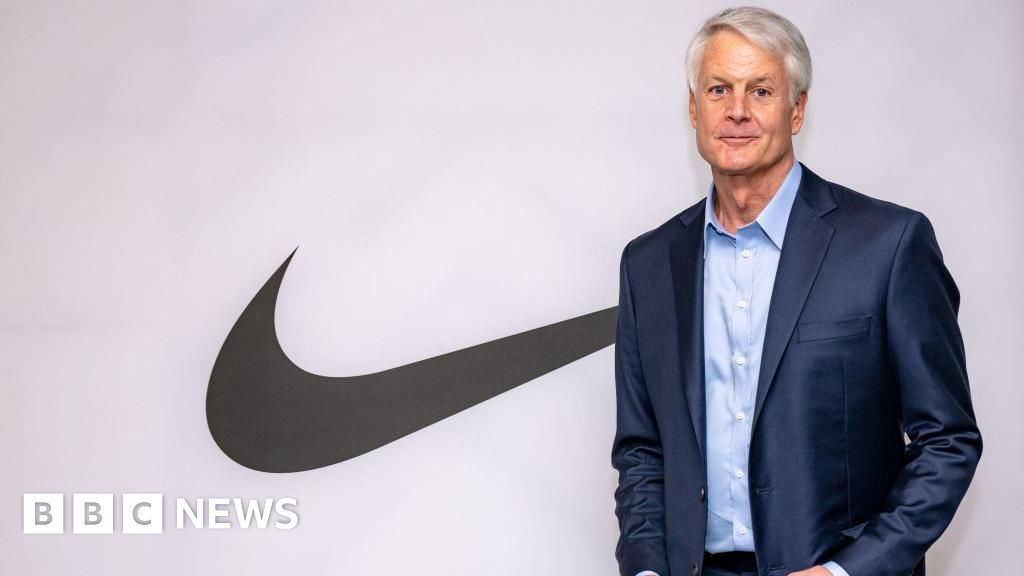





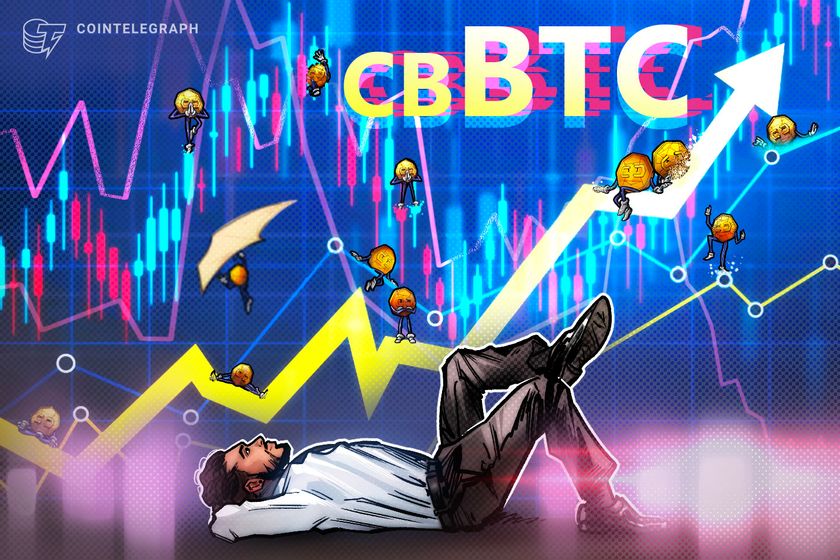





















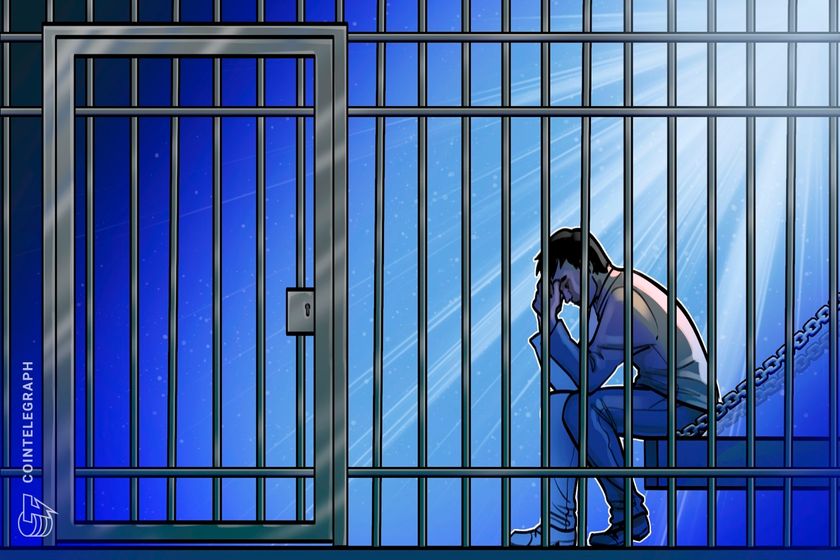
















































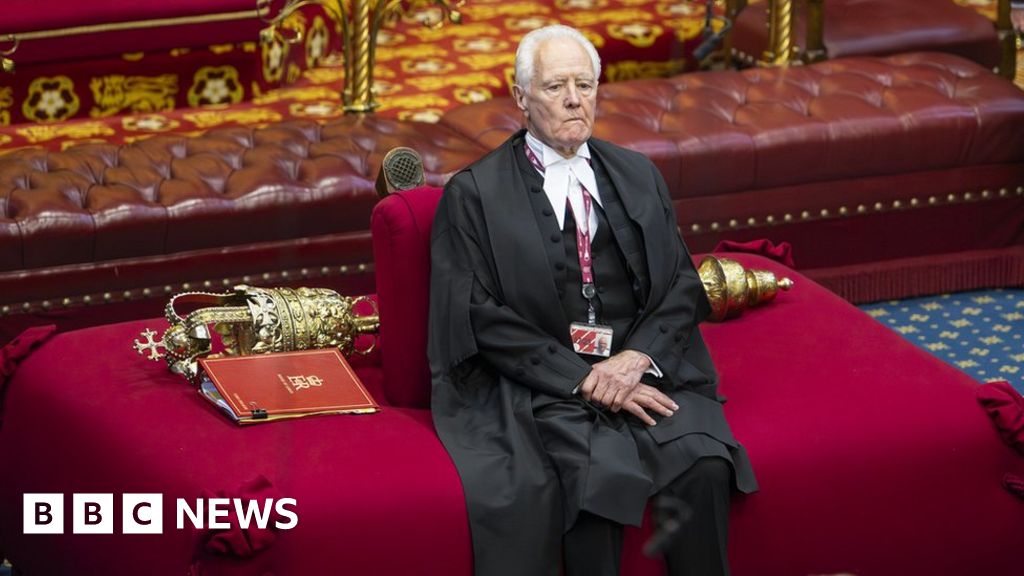
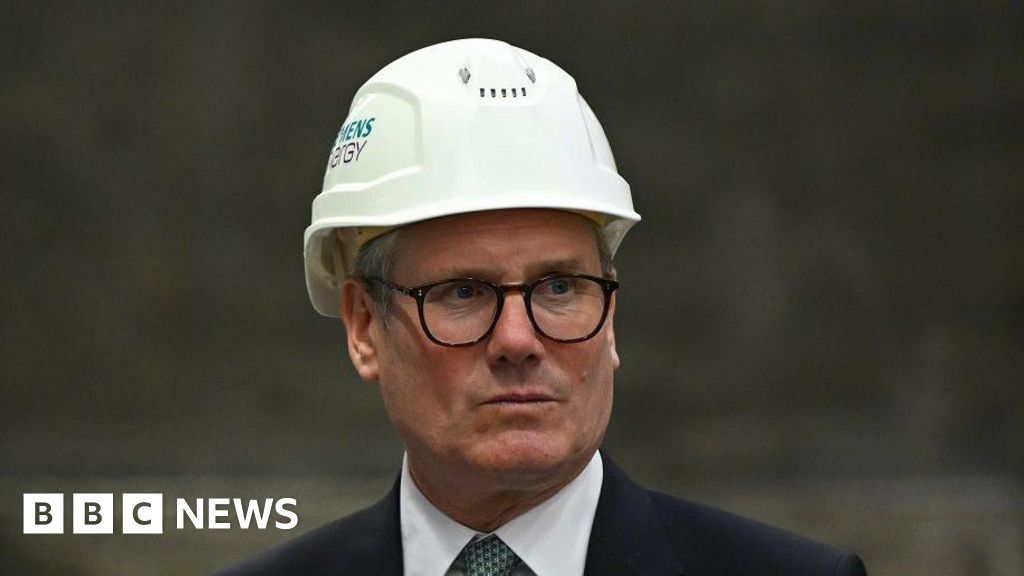













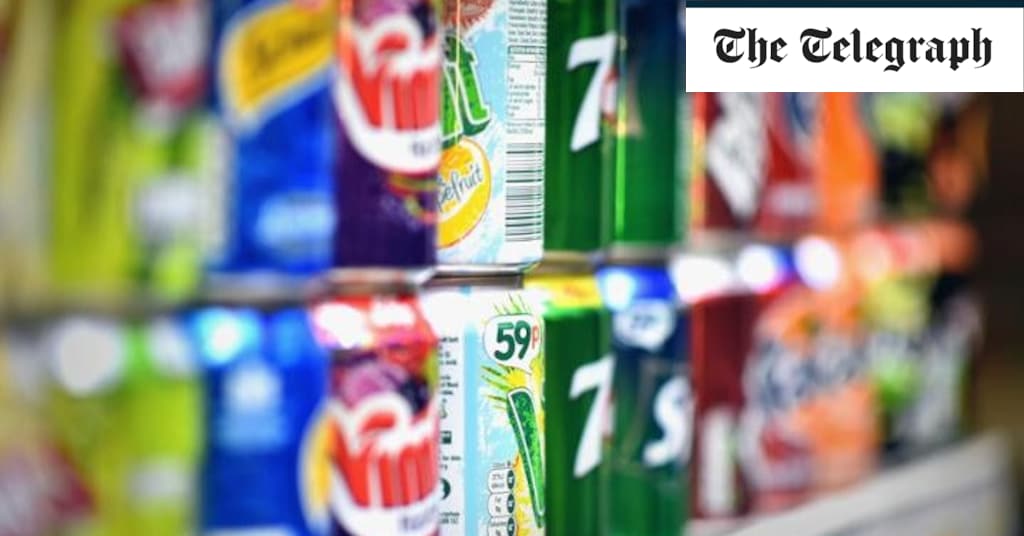








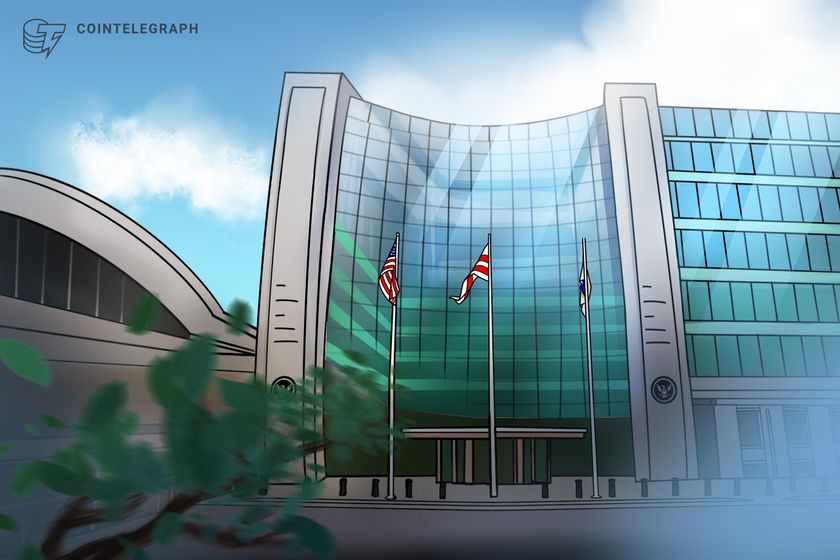















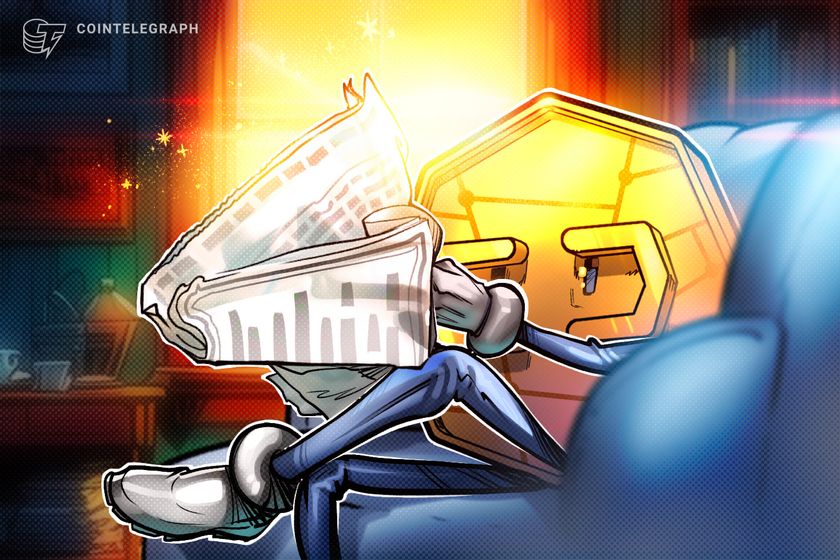










You must be logged in to post a comment Login